The Hidden Fire Risk Inside Every Home
Smart Home Insurance is no longer just about covering damages after accidents—it’s about prevention. Residential fires often begin where no one is looking—inside a breaker box, behind a wall socket, or under a stack of old appliances. Overheating wires and loose electrical connections are silent dangers that build up over time, especially in older homes.
Yet most insurance plans step in only after a disaster occurs. But what if insurers could offer homeowners a way to catch these problems before they spark a fire?
Why Traditional Inspections Often Fall Short
While annual maintenance and safety checks help, they’re not enough to detect slow-building electrical hazards. Loose terminal screws, corroded wiring, or overloaded power strips may not show visible symptoms—until it’s too late.
This is where smart monitoring technology changes the game for Smart Home Insurance providers.
Introducing Smart Monitoring Solutions from PQSense
PQSense offers insurers two sensor-based fire prevention solutions that integrate directly into Smart Home Insurance programs:
1. Continuous Monitoring
Best suited for high-risk homes, older properties, or premium policyholders requiring proactive protection.
How it works:
Install wireless, battery-free temperature sensors at key electrical locations—such as breaker panels, UPS systems, PowerWalls, or cable junctions.
Sensors operate 24/7, continuously monitoring heat levels in the background.
Abnormal temperatures trigger automatic cloud-based alerts, enabling early intervention and ongoing trend tracking through the PQSense dashboard.
2. Handheld Monitoring
Ideal for homes where constant monitoring isn’t necessary, or where sensors are installed behind wooden walls or in visually obstructed areas.
How it works:
Passive RFID sensors are installed on hotspots like capacitor terminals, lithium battery enclosures, or breaker panel connections.
Use the PQSense Handheld Device to wirelessly scan nearby sensors, even behind walls or hidden corners.
All readings are uploaded via mobile app to the cloud dashboard for analysis, alerts, and reporting.
Where Should These Sensors Be Installed?
Whether using continuous or handheld monitoring, PQSense sensors are best placed at:
Breaker panels (main and sub-panel terminals)
PowerWalls or UPS system junctions
Cable junctions or incoming busbars
Both solutions use the same wireless, passive sensor—meaning no batteries, no wiring. That makes them perfect for retrofitting into older homes, a key concern for Smart Home Insurance coverage.
Why This Matters for Insurance Providers
By combining proactive risk detection with flexible deployment, insurers can:
Prevent costly fire claims before they start
Create differentiated policies—offering discounts or loyalty rewards to customers with sensors installed
Provide value-added services through home safety inspections
Build a data-driven risk model based on real electrical conditions, not just assumptions
This approach allows Smart Home Insurance to move from reactive payouts to prevention-first solutions.
Use Cases: When to Deploy Each Model
| Scenario | Recommended Solution | Why |
|---|
| High-value home with large appliances | Continuous Monitoring | Real-time alerts protect valuable property |
| Elderly residents or renters | Handheld Monitoring | Low-maintenance, insurer-driven safety checks |
| Dense apartment buildings | Continuous Monitoring | Prevent chain-reaction electrical fires |
| Broad rollout to middle-income homes | Handheld Monitoring | Cost-effective inspection strategy |
PQSense: Enabling Proactive Smart Home Insurance
PQSense is more than a fire alarm—it’s an infrastructure-level monitoring tool that empowers insurers to shift from reactive coverage to proactive protection.
Our platform provides:
Reliable thermal trend data
No-maintenance hardware
Seamless deployment in homes of any age or layout
Easy integration with inspection teams or smart policy platforms
Whether you’re building your first Smart Home Insurance pilot or expanding an existing inspection program, PQSense gives you the flexibility to act.
Offer your customers more than peace of mind. Let’s talk about how PQSense can power your prevention-first Smart Home Insurance strategy.






